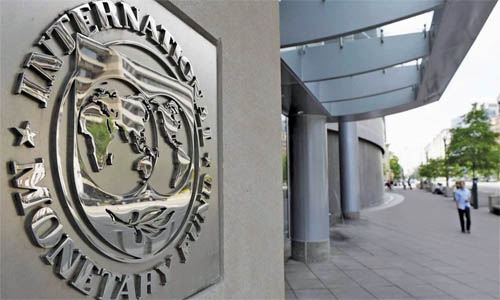IMF executive board calls for further reforms
Manama : Bahrain has to continue reforms with greater urgency to prevent financial instability, according to International Monetary Fund (IMF). The IMF noted that banking sector in the Kingdom remains well capitalised despite weakness in consumer and investor sentiments and reduced pace of bank-deposit growth triggered due to the steep fall in oil prices.
In a statement after its executive board’s Article IV Consultation with the Kingdom, the IMF observed that Bahraini banks have strong liquidity and capital buffers. It commended the central bank’s efforts to strengthen the regulation and supervision of the financial sector to promote financial development and stability.
The board officials encouraged the authorities to further enhance supervision, including for Islamic banks and cross-border activities, and have a contingency plan for liquidity support.
They also recommended phasing in reforms to strengthen the macro-prudential framework and toolkit to mitigate risks. They stressed the importance of addressing data gaps for both banks and nonbanks.
The executive board also underscored the need to address impediments to private investment to achieve diversified and sustainable growth. They commended recent initiatives to improve the business milieu, and called for additional measures to reduce the cost of doing business.
The board also welcomed planned infrastructure investments, which will support long-term growth.
“In 2016 and 2017, growth is expected to slow further on account of the fiscal adjustment and weaker investor sentiment. Inflation is expected to rise modestly in 2016 with the increase in energy prices, and ease over the medium term with weak economic activity containing the pass-through to wages,” the statement explained.
“Despite the implementation of fiscal measures, lower oil prices imply that the fiscal deficit is projected to reach 19.5 per cent of GDP in 2016 and remain high over the medium term. The current account deficit is projected to reach over 8 per cent of GDP in 2016 and narrow gradually,” it added.
Related Posts

